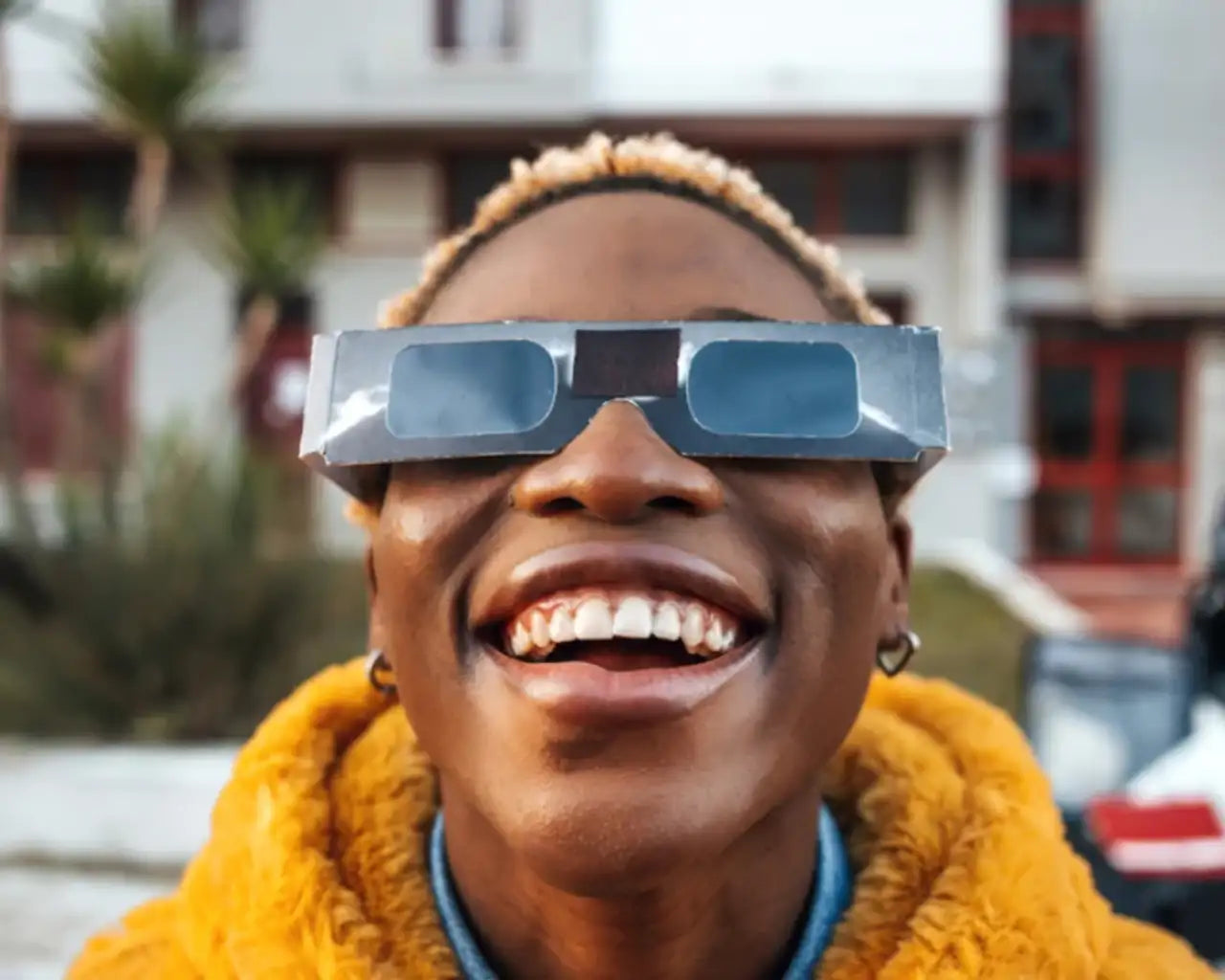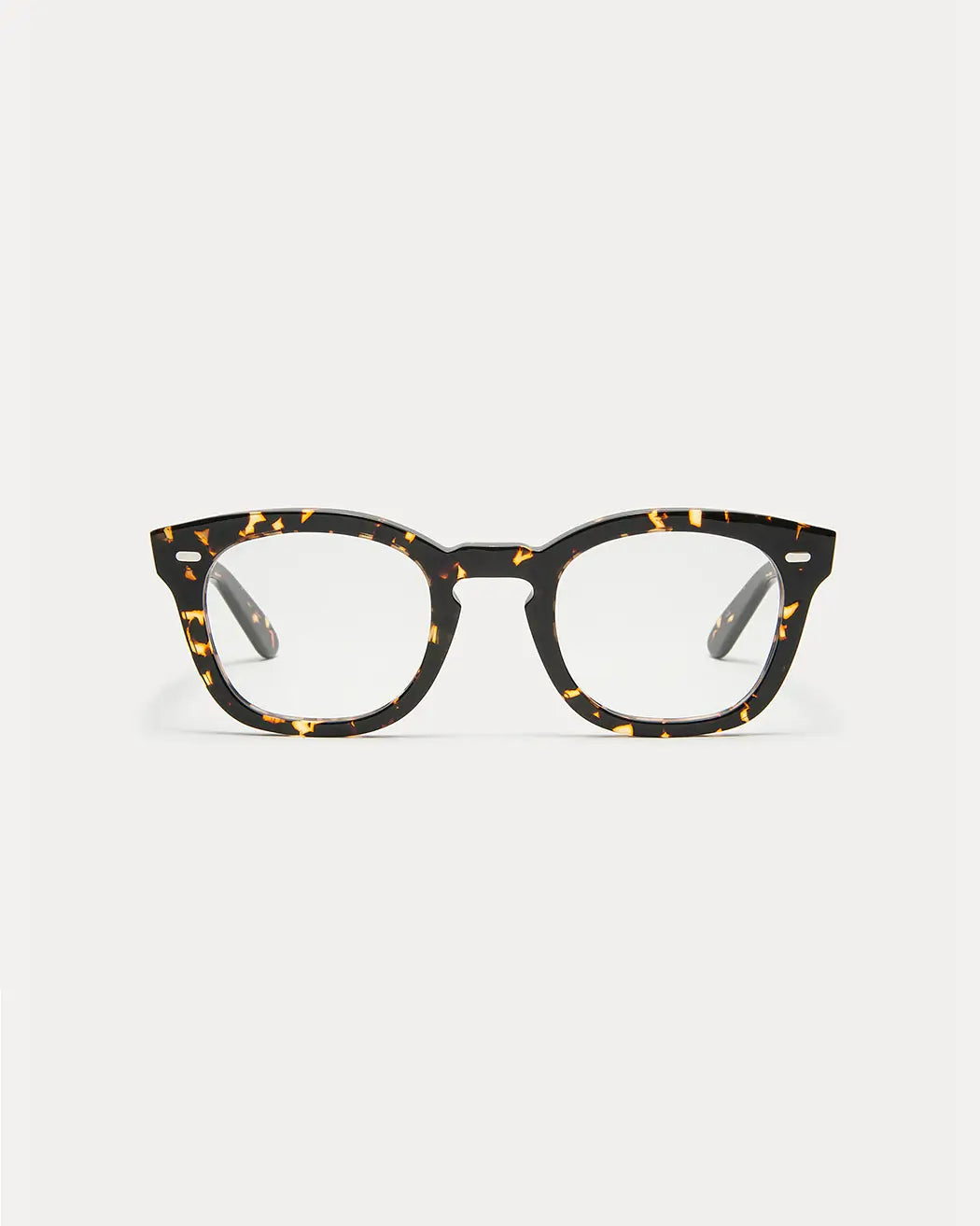The Science Behind Solar Eclipse Glasses

Solar eclipse glasses are a must-have accessory for anyone wanting to enjoy this year's total solar eclipse. These seemingly simple pieces of eyewear are critical for safely viewing solar eclipses, protecting the eyes from harmful solar radiation and permanent vision loss.
How Do Solar Eclipse Glasses Work
Solar eclipse glasses are designed with specialized filters that block out the majority of the sun's light, along with harmful ultraviolet (UV), infrared (IR), and intense visible light rays.
Unlike regular sunglasses, which are designed to only filter UV light, solar eclipse glasses are engineered to protect the eyes from the specific hazards of looking directly at the sun.
Key Features of Solar Eclipse Glasses
ISO Certification:
Authentic solar eclipse glasses meet specific safety standards set by the International Organization for Standardization (ISO). ISO 12312-2 is a crucial certification to look for, indicating that the glasses have been tested and proven to block out the harmful solar radiation effectively.
Material:
The lenses of solar eclipse glasses are made from a black polymer or a similar material that is highly effective at filtering out solar radiation. This material ensures that only a minuscule fraction of the sun's light reaches the eye, making it safe to look at the sun directly.
Blocking Harmful Rays:
These glasses are designed to block out 100% of UV and IR rays and 99.999% of intense visible light. This level of protection is crucial for preventing potential eye damage that can result from viewing a solar eclipse without proper protection.
Are Solar Eclipse Glasses Necessary?
Viewing a solar eclipse without proper protection can cause "eclipse blindness" or retinal burns, known medically as solar retinopathy.
This condition is caused by the intense solar radiation damaging the retina, the light-sensitive layer of tissue at the back of the eye. Symptoms can include blurred vision, a dark or empty spot in the center of vision, and even permanent loss of vision in severe cases. Solar eclipse glasses prevent this by allowing you to view the eclipse safely.
Choosing the Right Solar Eclipse Glasses
When selecting solar eclipse glasses, it’s crucial to ensure they meet the safety standards for effective protection.
The American Astronomical Society (AAS), has a pre-approved list of vetted products and sellers.
Look for ISO 12312-2 Certification:
This certification ensures the glasses have been tested and meet the international safety standards for solar viewing.
Inspect for Damage:
Before using solar eclipse glasses, inspect them for any scratches, punctures, or tears. Damaged glasses should not be used as they may not provide adequate protection.
Avoid Makeshift Filters:
Do not use homemade filters or regular sunglasses, even if they are very dark. These do not provide sufficient protection against the sun’s harmful rays.




